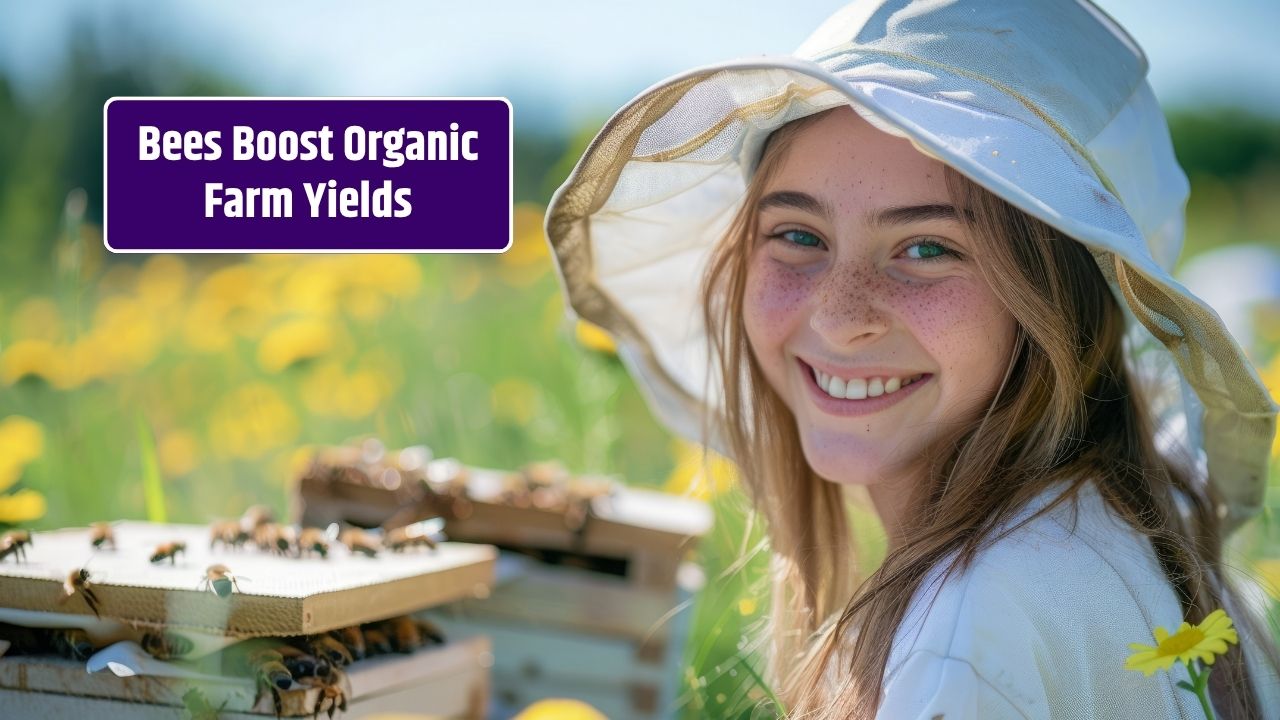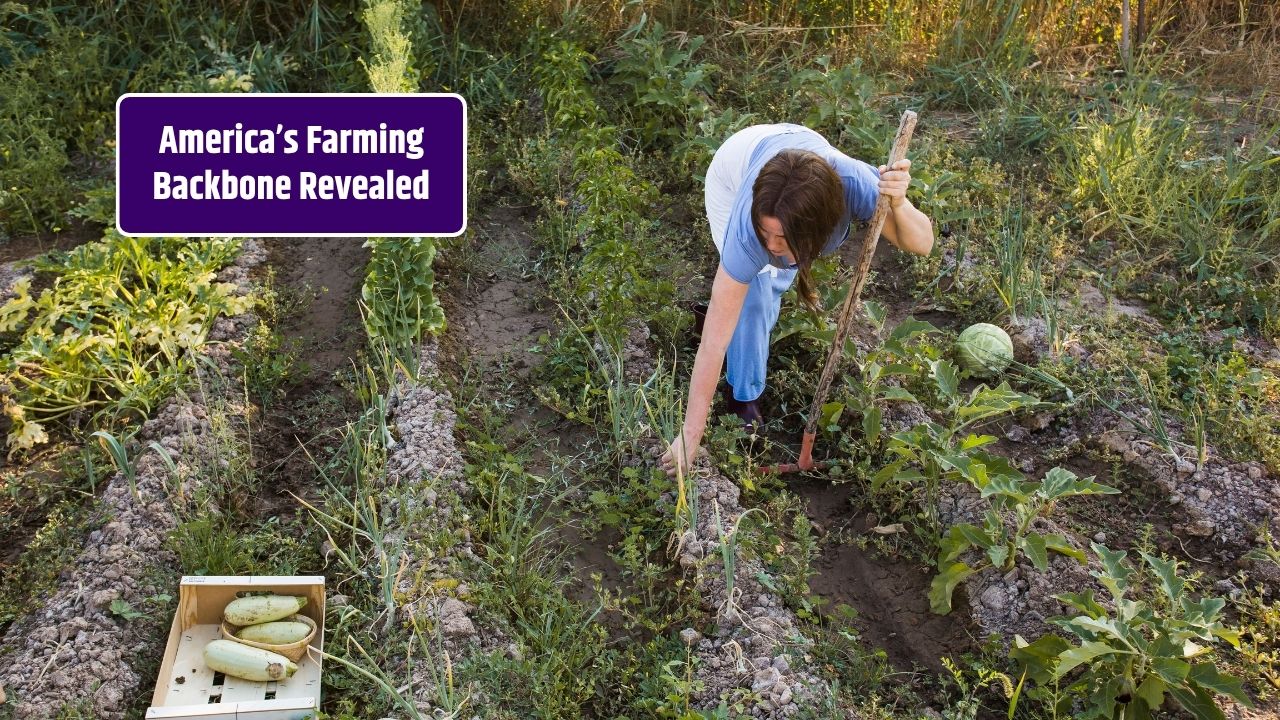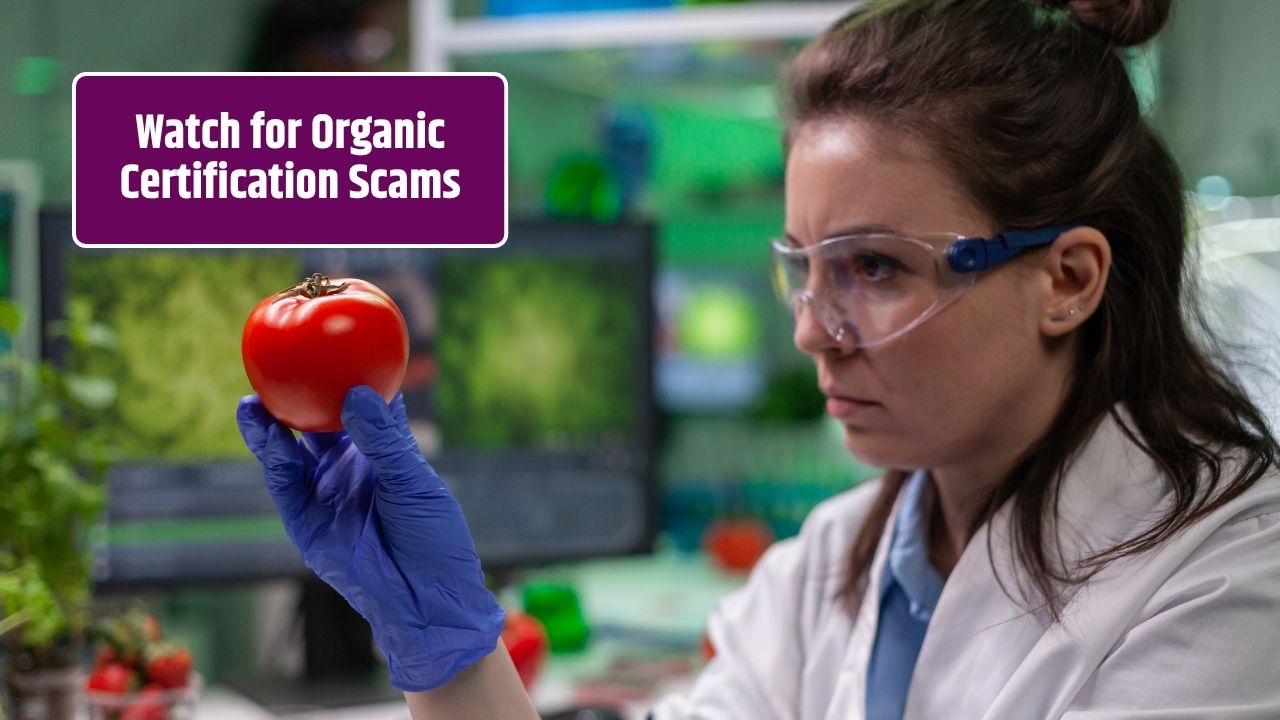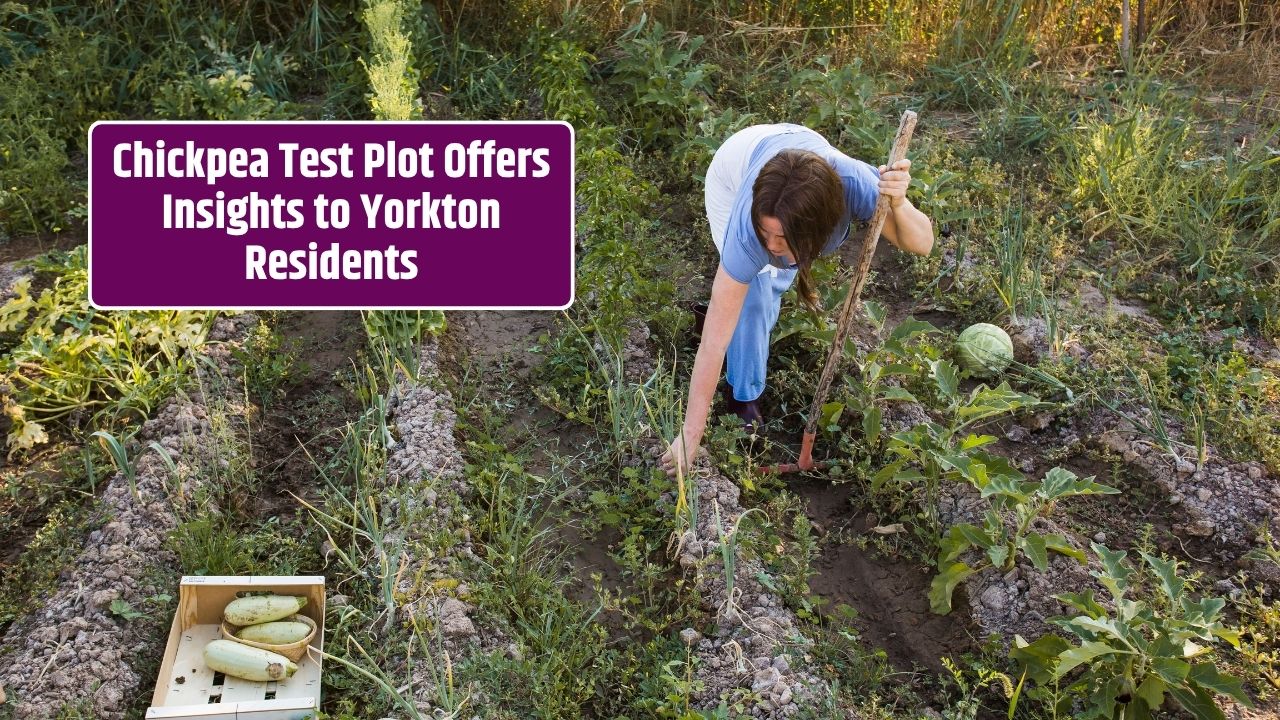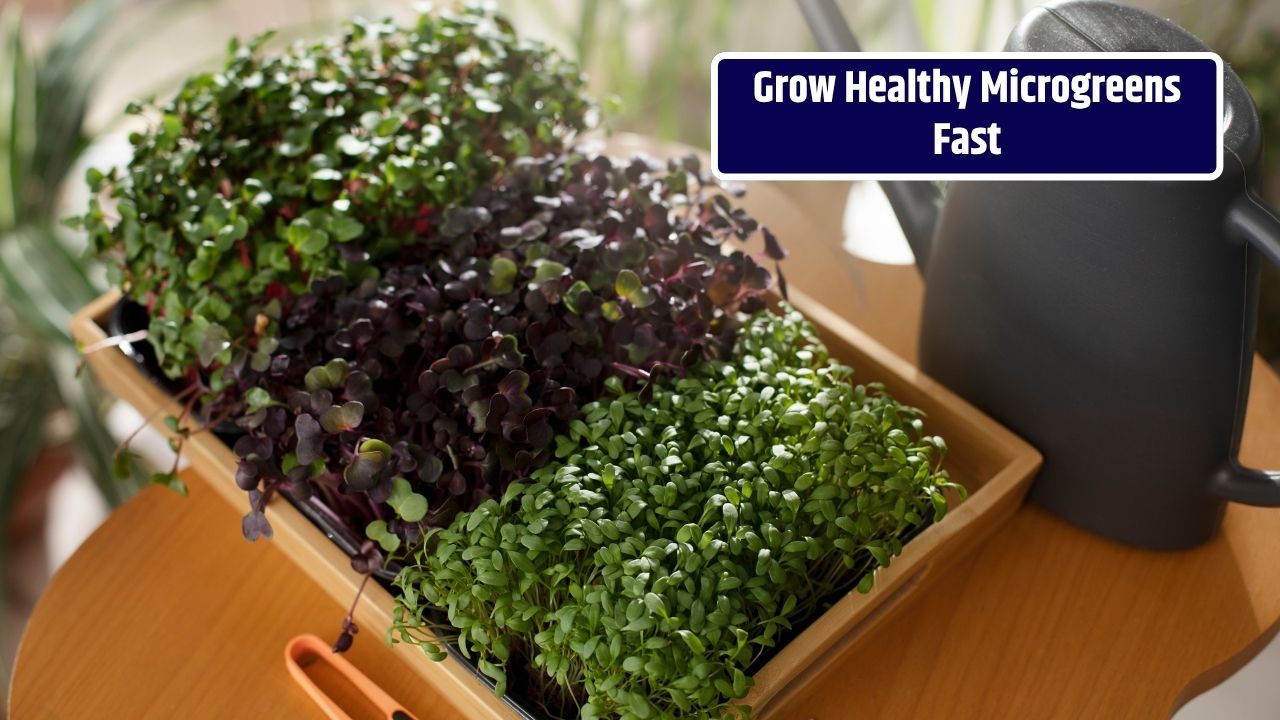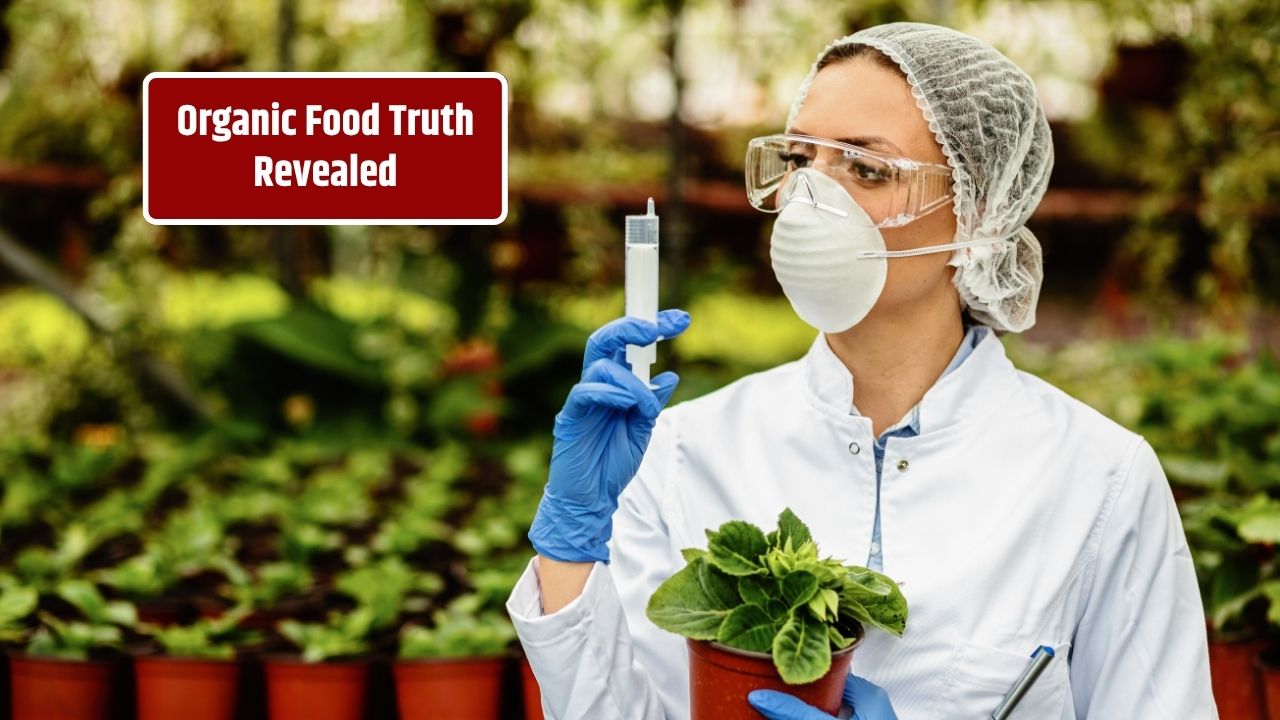Bees are more than just honey producers—they’re essential partners in agriculture, especially organic farming. As natural pollinators, bees contribute to biodiversity, increase crop yields, and help organic farmers reduce their reliance on synthetic inputs. In fact, without pollinators like bees, much of the organic produce we enjoy today wouldn’t exist.
Let’s explore the vital role bees play in organic farming and how you can attract more of them to your garden or farm.
Table of Contents
Why Bees Matter in Organic Farming
1. Pollination for Higher Yields
Bees are responsible for pollinating over 75% of the world’s food crops, including fruits, vegetables, nuts, and seeds. In organic systems—where chemical pollination aids aren’t used—bees become even more crucial. Crops like apples, melons, cucumbers, tomatoes, and squash rely heavily on bee pollination to produce full, healthy yields.
2. Natural Biodiversity Boosters
Bees support plant diversity by cross-pollinating different species. This promotes genetic variation, which increases a crop’s resilience to pests, diseases, and climate stress. In organic farms, where monocropping is discouraged, biodiversity is key—and bees help make it possible.
3. Reduced Need for Chemical Inputs
By naturally increasing pollination rates, bees enhance fruit set and quality. This means fewer stunted crops and better productivity without synthetic fertilizers or growth enhancers, aligning perfectly with organic principles.
4. Soil and Ecosystem Health
Bees don’t directly impact soil, but their presence supports flowering plants that improve soil health through cover cropping and organic matter contributions. Their role in ecosystem balance makes them indispensable to organic operations.
How to Attract Bees to Your Organic Farm or Garden
Bringing more bees into your growing space requires thoughtful planning—but it’s easier than you might think. Here are proven strategies:
1. Plant Pollinator-Friendly Flowers
Choose a diverse mix of flowers that bloom in succession from early spring to late fall. Bees are attracted to brightly colored flowers—especially blue, purple, white, and yellow.
Great options include:
- Lavender
- Sunflowers
- Bee balm
- Borage
- Coneflowers
- Calendula
- Zinnias
- Clover
2. Incorporate Native Plants
Native wildflowers are well-adapted to your region’s bees and require less maintenance. They provide essential food and habitat throughout the season.
3. Avoid Pesticides—Even Organic Ones
Even approved organic pesticides can harm bees if applied during bloom. If pest management is necessary:
- Spray in early morning or late evening when bees are inactive.
- Choose targeted, bee-safe solutions.
4. Create Nesting Sites
Many native bees are solitary and nest in the ground or in cavities. To attract them:
- Leave some bare patches of soil (no mulch or grass).
- Install bee hotels made from bamboo tubes or drilled wood.
- Avoid tilling too much, which can disturb ground nests.
5. Provide Fresh Water
Bees need water for hydration and hive cooling. Offer a shallow dish with water, pebbles, or floating corks so they can safely land and drink.
6. Maintain Blooming Cover Crops
Cover crops like buckwheat, clover, and alfalfa are excellent bee attractors. When planted between crop cycles, they feed pollinators and build soil at the same time.
Bee-Friendly Farming at a Glance
| Practice | Impact on Bees |
|---|---|
| Flower planting | Provides nectar and pollen year-round |
| Native plant inclusion | Supports local bee populations |
| Avoiding pesticides | Prevents bee poisoning and colony loss |
| Bee hotels and soil patches | Encourages nesting of solitary bees |
| Water source creation | Keeps bees hydrated and healthy |
| Diverse crop rotation | Offers varied forage for pollinators |
Bees are the unsung heroes of organic farming. Their role in pollination, biodiversity, and ecosystem health makes them indispensable for sustainable food production. By making your farm or garden bee-friendly, you not only boost your yields—you support the future of farming and food security.
FAQs
How do I know if bees are visiting my garden?
Look for buzzing activity near flowers during warm daylight hours. Honeybees and native bees will land, collect pollen, and move from flower to flower.
Do I need to keep honeybee hives to benefit from pollination?
No. Wild and native bees are just as effective—often more so. You can support them with the right plants and habitat.
Are all bees good pollinators?
Most bees are effective pollinators. Native species like mason bees and bumblebees often outperform honeybees in some crops.

